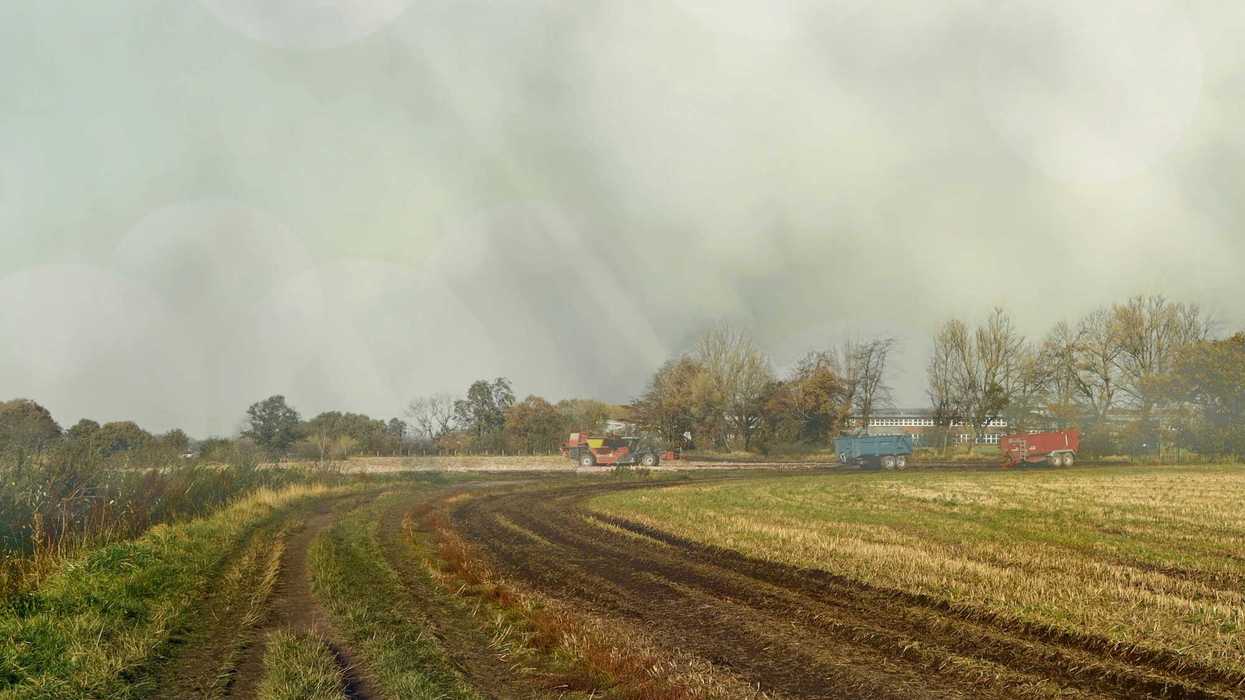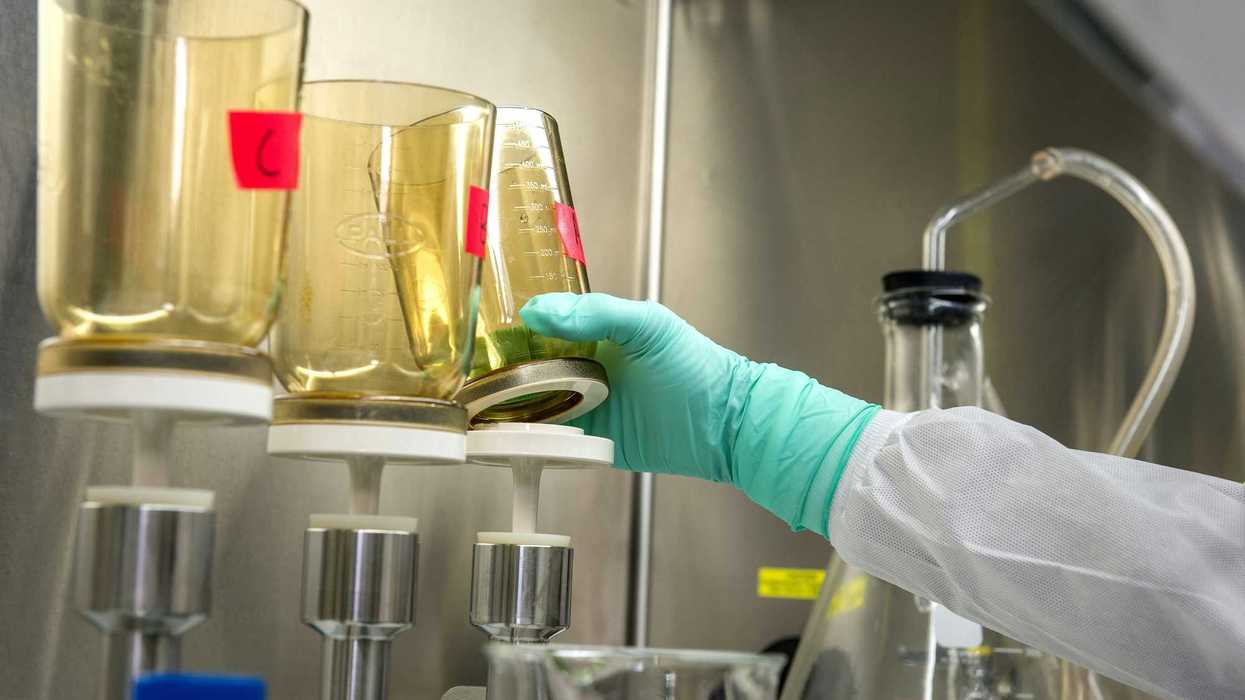The use of pesticides remains high in floriculture compared to other crops, despite a general decline since 2012.
Senay Boztas reports for The Guardian.
In short:
- Dutch flower farmers are increasingly abandoning pesticides due to their potential impact on human health and biodiversity.
- Recent legal actions in the Netherlands spotlight health risks associated with pesticide use in agriculture, referencing serious neurological conditions.
- To reduce pesticide use, the industry is experimenting with weed-seeking robots and smart injection techniques, among other innovative methods for pest control.
Key quote:
“Parkinson’s is the world’s fastest growing neurological condition and there is widespread consensus that it is to a large extent an environmentally-driven disease. This includes pesticides, although it’s not restricted to [them]"
— Prof Bas Bloem, neurologist at Radboud University Medical Centre.
Why this matters:
Concerns about the potential health impacts of pesticides are growing, intensifying the debate over pesticide use.Eexperts and locals are pushing for stricter regulations and comprehensive testing to ensure safety.
Read more in this essay by Pete Myers: Toward deep structural reform of pesticides.














